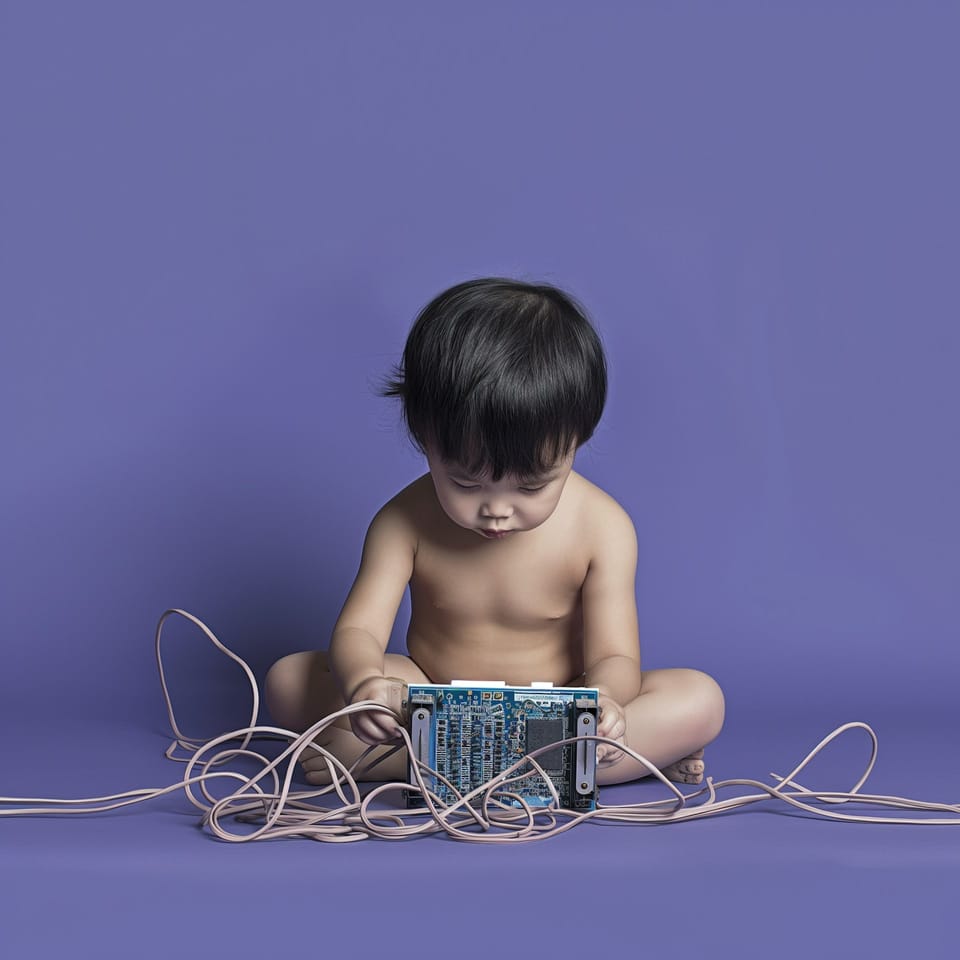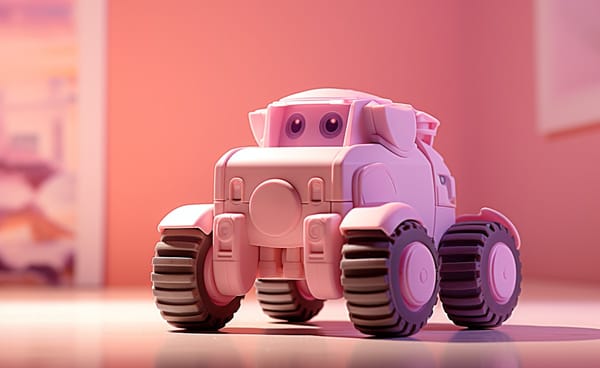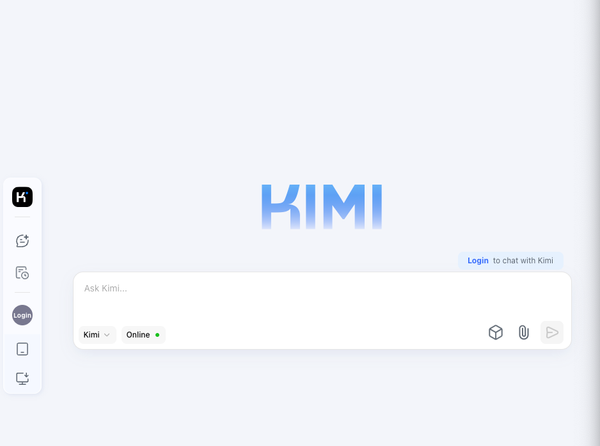Why AI Does Not Make You a Developer, Designer, Engineer, or Doctor: 7 Key Reasons and How to Properly Use AI
Table of Content
The rise of AI-powered tools and Large Language Models (LLMs) has led many industries to integrate artificial intelligence, aiming to boost productivity and streamline workflows.
While AI has indeed brought substantial advancements, a common misconception persists: that it can transform anyone into a professional developer, designer, engineer, or even a doctor. The reality is that AI can assist in numerous ways, but it cannot replace the years of training, experience, and critical thinking required to excel in these fields.
This blog post will delve into seven key reasons why AI doesn't automatically make you a professional in these roles.
We'll also explore how AI can be properly utilized to enhance your skills rather than replace them.
Examples of the Most Popular AI Services and Their Applications
Let's explore 7 free AI tools and their practical applications across various industries:
1. ChatGPT (Free Version)
Application: Virtual Research Assistant
ChatGPT excels at idea generation, content summarization, and answering topic-specific questions. Developers can use it to clarify coding concepts, while healthcare professionals can obtain simplified summaries of medical research.
2. GitHub Copilot (Free for Students and Educators)
Application: Intelligent Code Companion
This AI tool suggests code snippets and completes lines as you write. It's particularly useful for developers looking to streamline their coding process, though human oversight is crucial for adapting the code to specific project needs.
3. Canva (Free Version)
Application: Rapid Design Prototyping
Canva's AI-powered platform enables quick creation of professional-looking graphics. It's an excellent tool for designers to prototype ideas before finalizing them in more advanced software.
4. Jasper AI (Free Trial)
Application: Content Draft Generator
Jasper AI assists in creating initial drafts for blogs, articles, and marketing materials. Writers and marketers can use it to kickstart their content creation process, refining the output to match their brand voice.
5. Pictory AI (Free Trial)
Application: Text-to-Video Converter
This tool transforms text into video content, proving invaluable for marketers and social media managers in creating quick video drafts. However, human input is essential for perfecting the narrative and visual appeal.
6. Hugging Face Transformers (Free Models)
Application: NLP Experimentation Platform
Offering a vast library of NLP models, Hugging Face is ideal for data scientists and developers exploring natural language processing tasks. These models serve as a foundation for various applications but require fine-tuning for specific use cases.
7. OpenAI DALL-E (Free Version with Limited Credits)
Application: Visual Concept Generator
DALL-E creates images from text descriptions, serving as a powerful brainstorming tool for designers. It's best used for initial concept generation, with the resulting visuals refined using professional design software.
While these AI tools offer significant advantages in enhancing productivity across various fields, it's crucial to remember they are meant to complement, not replace, human expertise and creativity. Proper integration of these tools into existing workflows can lead to more efficient and innovative outcomes.
Why AI Doesn't Make You a Professional: 7 Key Reasons
Artificial Intelligence has revolutionized many industries, offering powerful tools and capabilities. However, it's crucial to understand that AI alone cannot transform someone into a professional developer, designer, engineer, or doctor. Let's explore seven fundamental reasons why AI falls short in replacing human expertise in these fields.
1. Depth of Expertise
While AI can provide vast amounts of information, it lacks the profound understanding and hands-on experience crucial for mastering technical fields. Professionals in software development, design, engineering, and medicine acquire their expertise through years of education, practical application, and real-world problem-solving – a process that AI cannot replicate.
2. Creative Problem-Solving
Human professionals excel at tackling complex, unique challenges that demand innovative thinking. AI, despite its pattern recognition capabilities, cannot match the creative, out-of-the-box solutions that humans bring to the table when faced with unprecedented problems.
3. Practical Skills
AI excels in theoretical knowledge and guidelines but falls short in physically implementing tasks. The hands-on skills required in fields like surgery, mechanical engineering, or software development are acquired through rigorous training and practice – something AI cannot replace.
4. Contextual Comprehension
While AI can process enormous datasets, it often struggles with nuanced understanding and contextual interpretation. Human professionals make informed decisions by considering a wide range of factors, including ethics and real-world variables, which AI may overlook or misinterpret.
5. Ethical and Legal Accountability
Professionals bear the responsibility for their decisions and actions. Whether it's ensuring secure code, adhering to medical ethics, or guaranteeing the safety of engineering designs, human experts are held accountable. AI lacks this crucial aspect of professional practice, making it unsuitable for replacing humans in critical decision-making roles.
6. Interpersonal Skills
While AI excels in data-driven tasks, it lacks the emotional intelligence and interpersonal skills vital for effective communication, teamwork, and empathy. These soft skills are essential in fields like medicine, design, and customer-focused engineering, where human interaction plays a significant role.
7. Adaptability and Continuous Learning
AI's knowledge is limited to its training data, often missing the latest innovations or niche industry trends. In contrast, human professionals continuously update their skills through peer interactions, conferences, and cutting-edge research. This adaptability and lifelong learning process is something AI cannot replicate, making human expertise invaluable in rapidly evolving fields.
The Proper Way to Use AI LLMs and AI-Generated Content
While AI doesn't instantly transform you into a professional in a complex field, it can serve as a powerful tool when used correctly. Artificial Intelligence, particularly Large Language Models (LLMs), has the potential to significantly enhance productivity and streamline workflows across various industries. However, it's crucial to understand its limitations and use it as a complement to human expertise rather than a replacement. Here's an in-depth look at how you can harness AI to enhance your productivity and expertise while maintaining the integrity of your profession.
First and foremost, it's essential to recognize that AI is a tool, not a magic solution. It can provide valuable insights, automate repetitive tasks, and offer creative suggestions, but it lacks the nuanced understanding, ethical considerations, and real-world experience that human professionals bring to the table. The key lies in finding the right balance between leveraging AI's capabilities and applying your own expertise.
When using AI and AI-generated content, always approach it with a critical mindset. Verify the information provided, cross-reference with reliable sources, and use your professional judgment to assess the relevance and accuracy of AI-generated outputs. Remember that AI models are trained on existing data and may not always be up-to-date with the latest developments in your field.
Moreover, it's crucial to understand the ethical implications of using AI in your profession. Be transparent about your use of AI tools, especially when it comes to client work or academic pursuits. Always give proper credit and ensure that you're not violating any copyright or intellectual property laws when using AI-generated content.
In the following sections, we'll explore specific strategies for effectively integrating AI into various professional domains, ensuring that you're maximizing its benefits while maintaining the highest standards of your profession.
1. Augment Human Work
AI can help with repetitive tasks like drafting content, generating ideas, or suggesting code snippets. However, critical thinking, decision-making, and execution should always be handled by human experts who can understand the bigger picture.
2. Research and Learning Aid
AI can quickly summarize and provide information on various topics, serving as a research assistant. However, it’s essential to verify findings with reputable sources and human experts to ensure accuracy and context.
3. Prototyping and Brainstorming
Use AI tools to create initial prototypes or brainstorm ideas. While AI can generate creative concepts, the final design should always be refined by a human who can add their touch, experience, and creativity.
4. Personalized Learning
AI can offer personalized tutorials or help with specific tasks like coding challenges. However, it’s vital to learn the core concepts and not rely solely on AI to complete complex projects.
5. Coding Assistance
AI-driven coding tools are great for debugging or refactoring code. However, developers must understand the underlying architecture, logic, and design principles to ensure the code is functional, scalable, and secure.
6. Clinical Support
In healthcare, AI can assist with diagnostics by analyzing large datasets like medical scans or patient records. However, the ultimate decisions regarding patient care should always be made by a qualified doctor who understands the full medical, ethical, and contextual factors at play.
7. Creative Inspiration
Designers can use AI to generate initial ideas or inspiration, but the final product should be crafted by a professional who can fine-tune the design and bring a creative vision to life.
Final Thought
AI can be a powerful assistant, but it is not a substitute for human expertise, creativity, and responsibility. By understanding what AI can and cannot do, you can leverage it to augment your work, streamline repetitive tasks, and provide insights—without expecting it to replace the skills and experience needed to excel as a professional.
Use AI wisely as a tool, and continue building your expertise in your chosen field.








